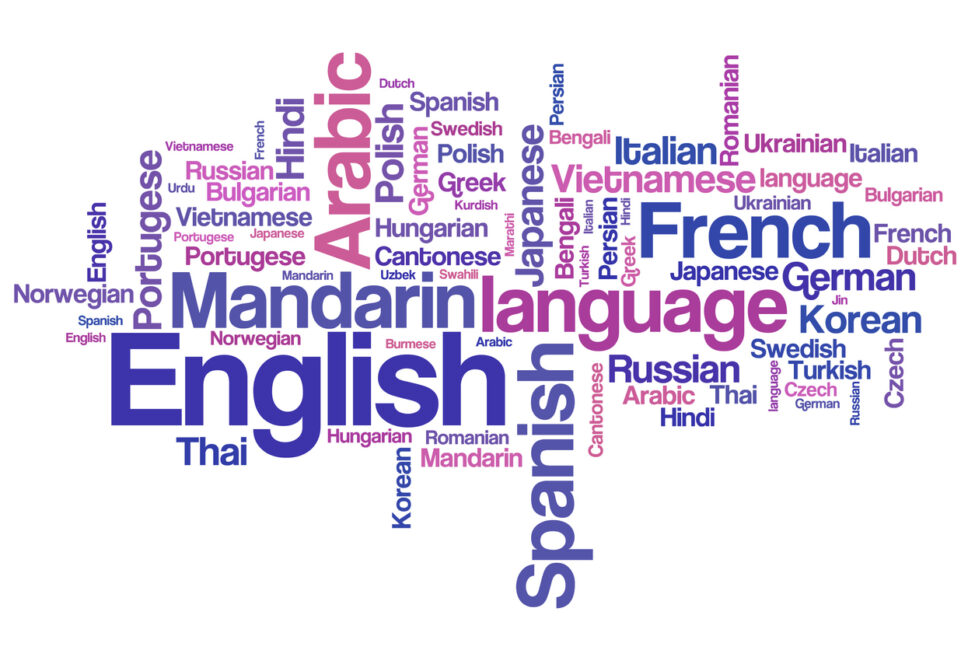The Vital Role of Bilingual Nurses: Bridging Language Barriers for Better Patient Care
In today’s diverse and interconnected world, healthcare professionals face the challenge of providing quality care to patients from many different cultural and linguistic backgrounds. Bilingual nurses, armed with the ability to communicate fluently in multiple languages, play a pivotal role in breaking down language barriers and fostering effective communication between healthcare providers and their patients. Their expertise goes beyond being a translator; they act as cultural intermediaries, advocates, and empathetic caregivers.
In healthcare settings, patients need to feel understood, and they need to understand what is going on around and inside of them. A language barrier can make patients feel vulnerable, and bilingual nurses have a transformative power in these situations.
- Effective Communication:
Language barriers can create obstacles in delivering healthcare services. Bilingual nurses serve as essential links, allowing for accurate and clear communication between patients and their healthcare teams. They possess the ability to understand patients’ concerns, symptoms, and medical history, and convey them accurately to other healthcare providers. This communication bridge helps in avoiding misunderstandings and misdiagnoses, and ensures that patients receive the most appropriate care tailored to their needs.
- Building Trust and Rapport:
Language is a vital tool in building trust and establishing rapport with patients. When patients can express themselves in their native language, it creates a sense of comfort, security, and confidence in the healthcare system. Bilingual nurses act as empathetic listeners, ensuring patients feel understood and valued. This trust is especially crucial when dealing with sensitive issues or discussing personal health information, enabling patients to share their concerns openly.
- Cultural Sensitivity and Advocacy:
Language and culture are intrinsically connected, and bilingual nurses have a unique ability to navigate cultural nuances. Bilingual nurses serve as intermediaries, bridging gaps between patients’ cultural expectations and the healthcare system. Their insight helps in adapting care plans to respect patients’ cultural preferences, religious beliefs, and dietary restrictions. By advocating for their patients, bilingual nurses ensure proper access to healthcare services, reducing tension and enhancing patient outcomes.
- Enhancing Patient Safety:
Clear communication is an essential part of patient safety. Miscommunication due to language barriers can lead to medication errors, incorrect procedures, or delayed treatment. Bilingual nurses act as vigilant safety advocates, reducing the risk of such errors by helping patients and healthcare providers communicate accurately and clearly. By ensuring patients fully comprehend their diagnoses, treatment plans, and medications, bilingual nurses contribute to a safer healthcare environment.
Bilingual nurses bring invaluable skills and perspectives to healthcare settings. Their ability to bridge language barriers, foster effective communication, build trust, navigate cultural complexities, and enhance patient safety significantly impact the quality of care provided. Recognizing and supporting the role of bilingual nurses is crucial in ensuring healthcare systems cater to the diverse needs of patients. By embracing and utilizing the expertise of these healthcare professionals, we can create a more inclusive and patient-centered healthcare environment for all.
